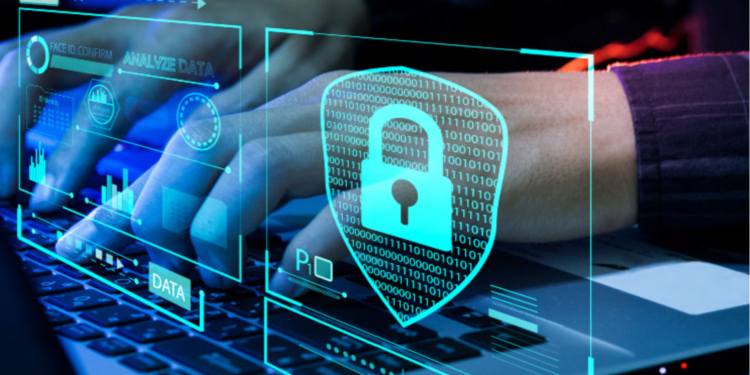
Social media is rapidly driving digital literacy across Africa, opening new opportunities for education, connectivity, and economic growth. As social platforms become increasingly accessible, people across the continent are gaining valuable digital skills, enabling them to interact with global networks and resources. From learning digital basics to advancing career opportunities, social media is transforming Africa’s digital landscape, fostering a more tech-savvy population ready for the digital age.
The Role of Social Media in Digital Education
Social media platforms like Facebook, WhatsApp, Instagram, and YouTube serve as accessible digital literacy tools for millions of Africans. These platforms encourage users to develop essential online skills, such as navigating interfaces, understanding privacy settings, and communicating effectively in digital spaces. As social media users engage with these tools, they inadvertently learn fundamental skills that enhance their ability to participate in the digital economy.
Through digital literacy, social media has become a stepping stone for many to explore new online learning resources, such as free courses, tutorials, and educational channels. This access to knowledge fosters a culture of self-education and skill acquisition across Africa, empowering users to advance their education independently.
Social Media and Digital Literacy Programs in Africa
Several initiatives across Africa showcase how social media effectively promotes digital literacy:
- Facebook’s Free Basics Initiative: Free Basics by Meta (formerly Facebook) is a program providing free internet access to essential websites, including educational resources. By offering this access, Meta helps individuals in African nations explore digital platforms without incurring data charges, allowing them to develop digital skills affordably.
- YouTube Creators for Change: YouTube has launched programs like Creators for Change in Kenya and South Africa, supporting creators who use the platform to teach digital literacy and promote social good. Through educational videos, YouTube users gain insights into digital safety, online etiquette, and other skills, which broadens digital knowledge.
- WhatsApp for Business Training: In Nigeria, WhatsApp has collaborated with local organizations to provide digital literacy training for small business owners. By teaching business owners to use WhatsApp Business features, the initiative helps them manage customers, market products, and drive sales online.
How Social Media is Reducing the Digital Divide
For many Africans, social media is the first interaction with the digital world, helping bridge the digital divide between urban and rural communities. Access to smartphones and social media platforms allows people in remote regions to participate in digital spaces, improving communication and access to information.
This digital access fosters inclusive growth by providing everyone with an equal chance to learn essential digital skills. As people become familiar with social media platforms, they develop a foundation in digital literacy that can lead to further skill acquisition in areas like e-commerce, online banking, and remote work.
Empowering Youth Through Social Media
Africa’s youth population, the largest in the world, is embracing social media as a powerful tool for learning and connection. Platforms like Instagram, Twitter, and LinkedIn have become popular among young people, who use these channels to build professional networks, explore job opportunities, and learn new skills.
Youth-driven movements, such as #AfricaRising and #TechForGood, highlight social media’s role in inspiring African youth to pursue digital literacy and social entrepreneurship. By empowering young people with digital skills, social media contributes to a more educated, connected, and entrepreneurial African generation.
The Impact of Social Media on Economic Growth
Digital literacy driven by social media has significant economic implications for Africa. As individuals become more digitally literate, they are better equipped to engage in e-commerce, work remotely, and access online financial services. This boosts Africa’s digital economy and opens up job opportunities for people across the continent.
For example, a 2021 study found that social media use contributes to a 3% increase in entrepreneurial activity across sub-Saharan Africa. By equipping users with digital literacy skills, social media platforms help African businesses thrive, fostering economic growth and encouraging technological advancement.
Social media is revolutionizing digital literacy in Africa by making digital skills accessible, encouraging self-education, and bridging the digital divide. Through initiatives like Free Basics, YouTube’s educational channels, and WhatsApp training programs, social media empowers Africans to develop crucial digital skills that improve communication, career prospects, and economic opportunity.
Discover more from Amebo Media
Subscribe now to keep reading and get access to the full archive.




